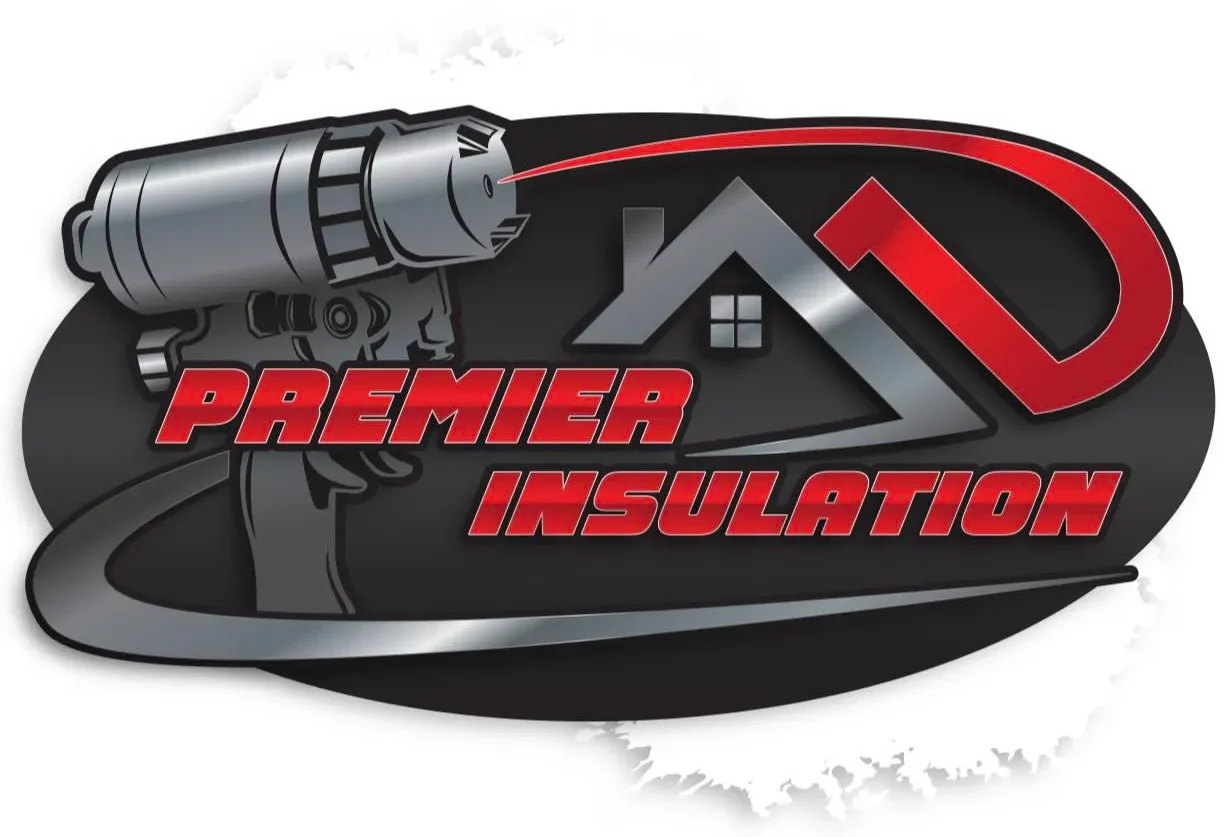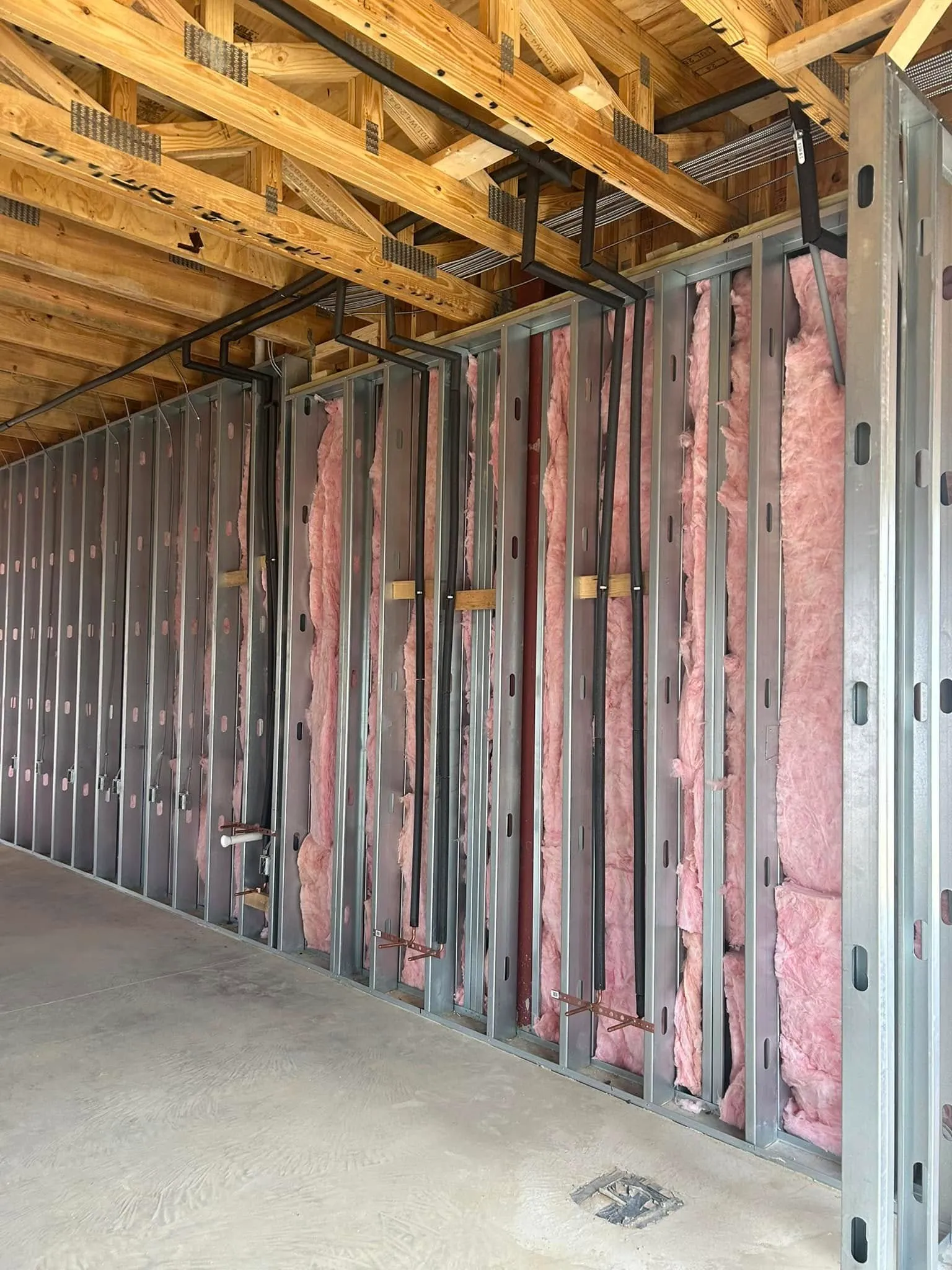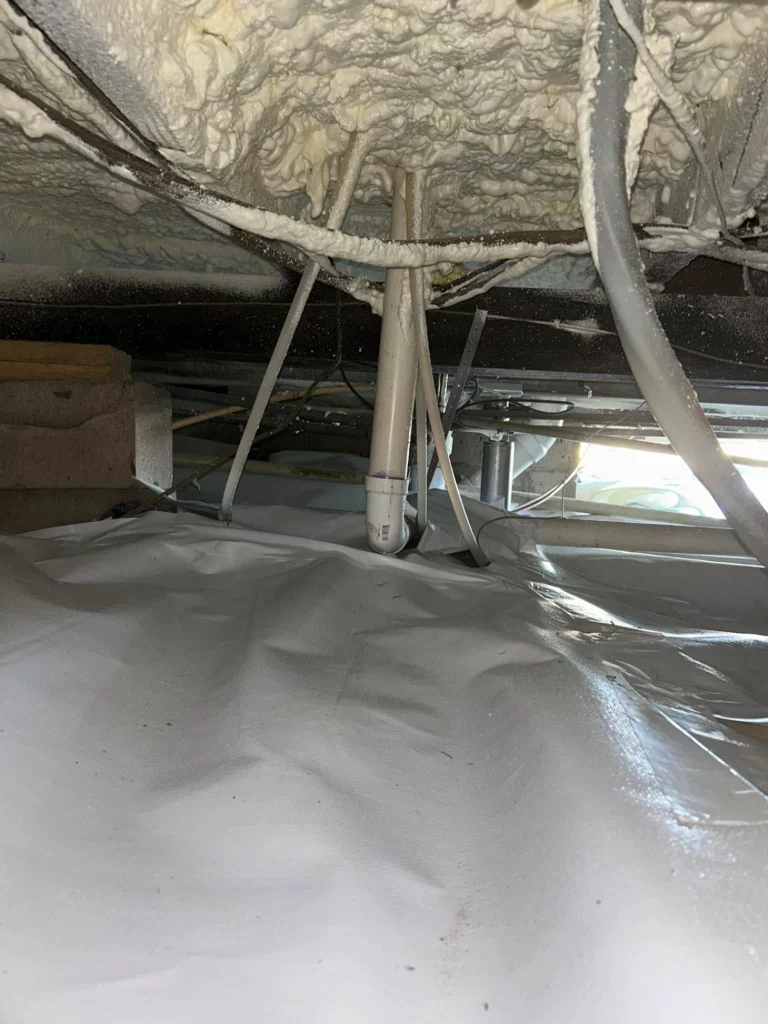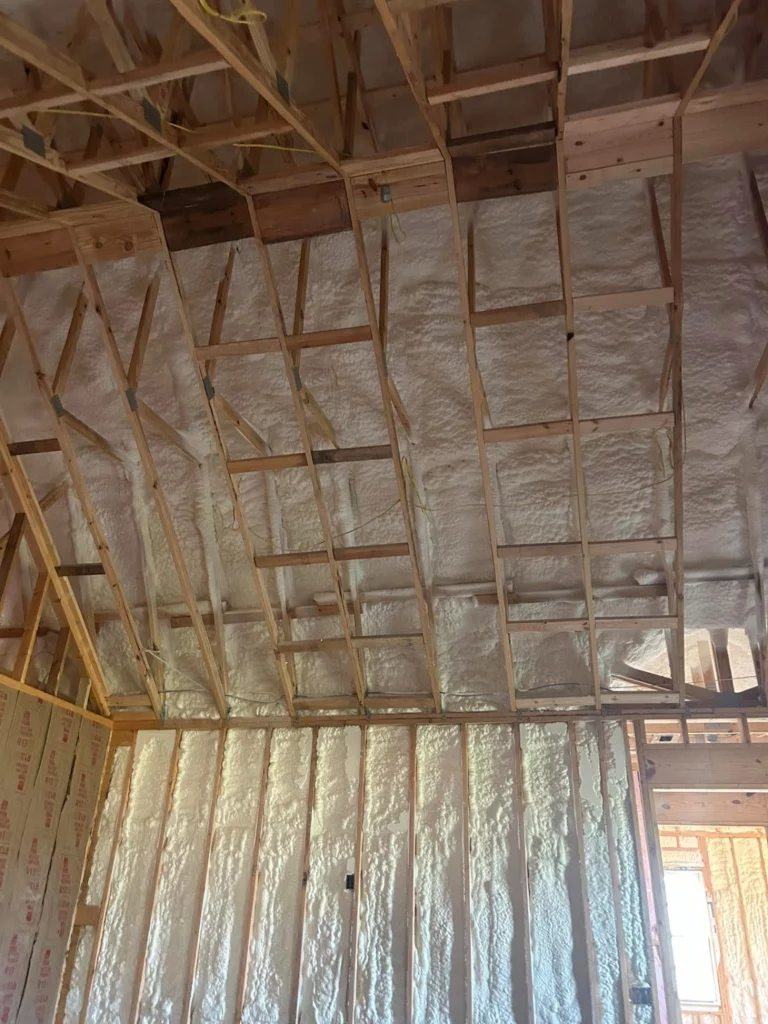Proper insulation makes a home in Tallahassee feel more stable and secure by directly reinforcing its physical structure and creating a more predictable, controlled living environment. It achieves this by protecting the home from the elements, creating a quieter interior, and stabilizing energy costs, which prevents the slow degradation of building materials common in Florida’s humid climate. This contributes to a powerful sense of security for homeowners, a feeling that isn’t just a perception; it’s the result of building science working to protect the home from the inside out.
This article explores the specific ways insulation contributes to a home’s structural health, acoustic comfort, and financial predictability. The information provided is based on extensive field experience in addressing the unique challenges of the local climate. Understanding these connections helps homeowners see insulation not just as a feature for comfort, but as a fundamental component of a sound and secure property.
How Insulation Reinforces Structural Integrity
A home’s structure is constantly exposed to environmental stressors, especially in a place with high humidity and temperature swings like Tallahassee. Insulation acts as a protective shield for the building’s frame.
Critical Moisture Control
Humidity is a constant threat to wood-framed homes. When moisture penetrates walls and attics, it can lead to wood rot, mildew, and a gradual weakening of the structural supports. Certain types of insulation, particularly closed-cell spray foam, create an effective vapor barrier. Learn more about premium insulation solutions from Premier Insulation to protect your home in Tallahassee. This barrier stops moisture-laden air from reaching and condensing on the wooden studs and sheathing, preserving their strength and integrity over the long term. A report from the U.S. Department of Energy highlights that the moisture-resistance of an insulation material is a key factor in its long-term performance.
Bonus Tip: Periodically check your attic or crawl space for musty odors or visible signs of water staining. These are early indicators that your current insulation is failing to manage moisture effectively, potentially putting your home’s structure at risk.
Regulating Thermal Stress
The daily cycle of heating and cooling causes building materials to expand and contract. Over many years, this thermal stress can lead to cracks in drywall, gaps in joints, and other signs of structural strain. Insulation stabilizes the home’s internal temperature, significantly reducing the intensity of these expansion and contraction cycles. By keeping the building’s frame at a more consistent temperature, insulation minimizes wear and tear, helping the structure last longer.
The Link Between Insulation and a Quieter, More Secure Home
A sense of security is closely tied to having a peaceful indoor environment. Insulation is surprisingly effective at sound dampening, creating a buffer between your home and the outside world.
Sound Dampening Properties
Insulation materials, by their nature, absorb energy, including sound energy. Materials like spray foam and fiberglass are excellent at reducing the transmission of airborne noise, such as traffic, airplanes, or loud neighbors. Open-cell spray foam is particularly effective at absorbing mid- to high-frequency sounds, turning a noisy environment into a quiet sanctuary. This reduction in outside noise contributes directly to a feeling of privacy and security.
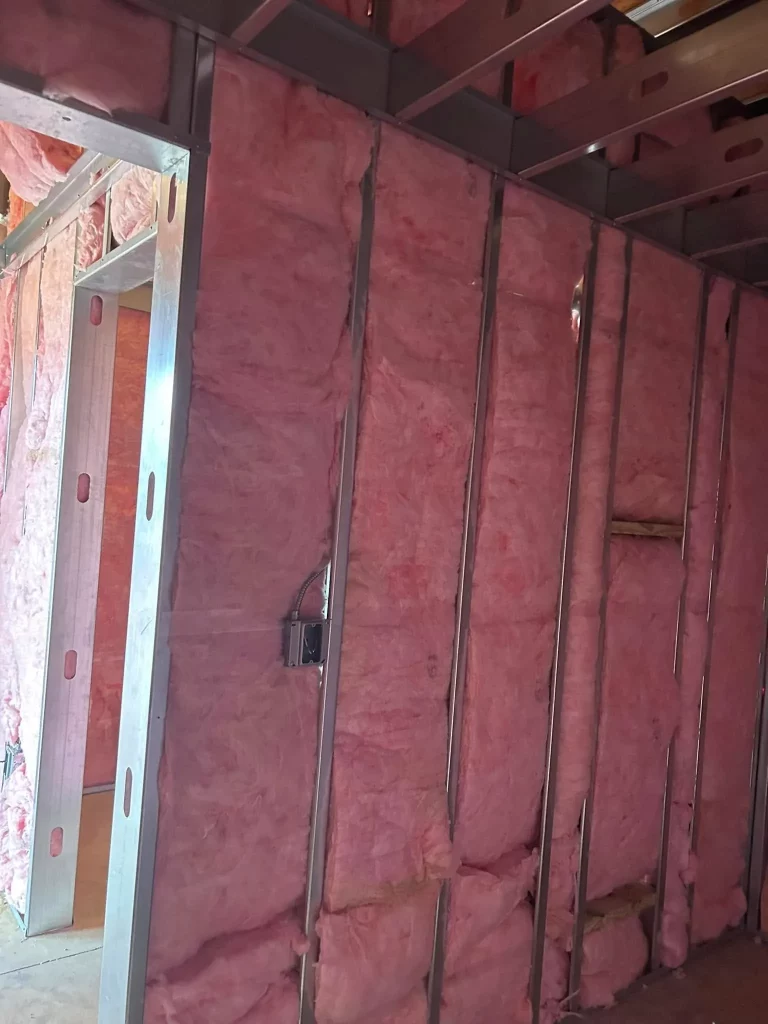
Sound Transmission Ratings of Common Insulation Materials
Different materials offer varying levels of sound control. The Sound Transmission Class (STC) rating indicates how well a partition reduces airborne sound. A higher STC rating means better soundproofing.
| Insulation Type | Typical STC Rating Range (in a standard wall assembly) | Best For |
|---|---|---|
| Fiberglass Batts | 35 – 39 | Basic sound reduction, budget-friendly |
| Cellulose (Blown-in) | 44 – 49 | Good noise control, fills irregular spaces |
| Open-Cell Spray Foam | 37 – 39 | Excellent at absorbing mid/high frequencies |
| Closed-Cell Spray Foam | 36 – 38 | Good sound control with added structural rigidity |
This table shows that while most insulation adds some acoustic benefit, options like cellulose are particularly effective for homeowners prioritizing noise reduction.
Financial Stability Through Energy Efficiency
Constant worry about fluctuating, high energy bills can undermine a homeowner’s sense of security. Proper insulation addresses this directly by making energy costs lower and more predictable.
A well-insulated home requires significantly less energy to heat and cool. According to ENERGY STAR, homeowners can save an average of 15% on heating and cooling costs by air sealing their homes and adding insulation in attics, floors, and crawl spaces. In a climate like Tallahassee’s, where air conditioning runs for a large part of the year, these savings are substantial and provide welcome financial relief.
Furthermore, a home with modern, high-performance insulation often has a higher market value. A study published by the Appraisal Institute notes that energy-efficient features are increasingly recognized and valued during home appraisals, making insulation a smart investment for long-term financial stability.
Bonus Tip: When upgrading, ask for an energy audit. This can help identify the biggest areas of energy loss in your home, ensuring that insulation is added where it will have the most financial impact.
Things to Consider Before Upgrading Insulation
Now that the benefits are clear, it is important to approach an insulation project thoughtfully. Making the right choice requires looking at your home’s specific situation, so consider these factors before deciding on a project:
- Your Home’s Age and Construction: Older homes may have settled, creating hidden gaps that need sealing. The type of construction (e.g., brick, wood frame, concrete block) also dictates the best insulation approach.
- Existing Insulation: An expert should assess the type and condition of any existing insulation. Some types can be supplemented, while others, especially if damaged by moisture or pests, must be removed completely.
- Florida’s Building Codes: The state of Florida has specific R-value requirements for different parts of a home. A professional insulation contractor will ensure your project meets or exceeds these codes for compliance and effectiveness.
- Budget vs. Long-Term Value: While some insulation types have a higher upfront cost, they may offer greater long-term energy savings and structural benefits. It’s important to weigh the initial investment against the decades of performance.
Final Thoughts on Your Home’s Security
Proper insulation is a foundational element of a truly stable and secure home in Tallahassee. Its benefits extend far beyond simple temperature control, contributing to the building’s structural longevity, creating a peaceful acoustic environment, and providing reliable financial savings. By evaluating your home’s specific needs and local climate challenges, you can make an informed decision that protects your property and enhances your peace of mind for years to come.
Get a Professional Assessment
To understand the specific needs of your property, a professional evaluation is the best first step. A local expert can provide a detailed assessment to identify areas for improvement and recommend the most effective solutions. Contact a professional in your area today for advice on securing your home’s future.
Sources
- U.S. Department of Energy – Provides detailed information on different insulation materials, including their moisture resistance.
- ENERGY STAR – Offers statistics and guidance on the potential energy savings from air sealing and insulating homes.
- Appraisal Institute – This document discusses how green and energy-efficient features, like insulation, are increasingly being considered in residential property valuations.
Frequently Asked Questions About Home Insulation
What is the best type of insulation for Florida’s humidity?
Closed-cell spray foam is often considered the premium choice for humid climates. It acts as an insulator, an air barrier, and a vapor barrier in one product, effectively preventing moisture from entering the wall cavity.
How long does spray foam insulation last?
Spray foam insulation is very durable. When installed correctly, it does not sag, settle, or decompose over time. It should last for the entire life of the building.
Will new insulation eliminate all outside noise?
While insulation significantly reduces noise, it won’t create a completely soundproof room. It is one part of a sound-reduction strategy that can also include acoustic drywall, solid-core doors, and dual-pane windows.
Can insulation help prevent pests?
Yes, particularly closed-cell spray foam. It creates a solid barrier that seals cracks and crevices pests might use to enter a home. It is also not a food source for insects or rodents.

